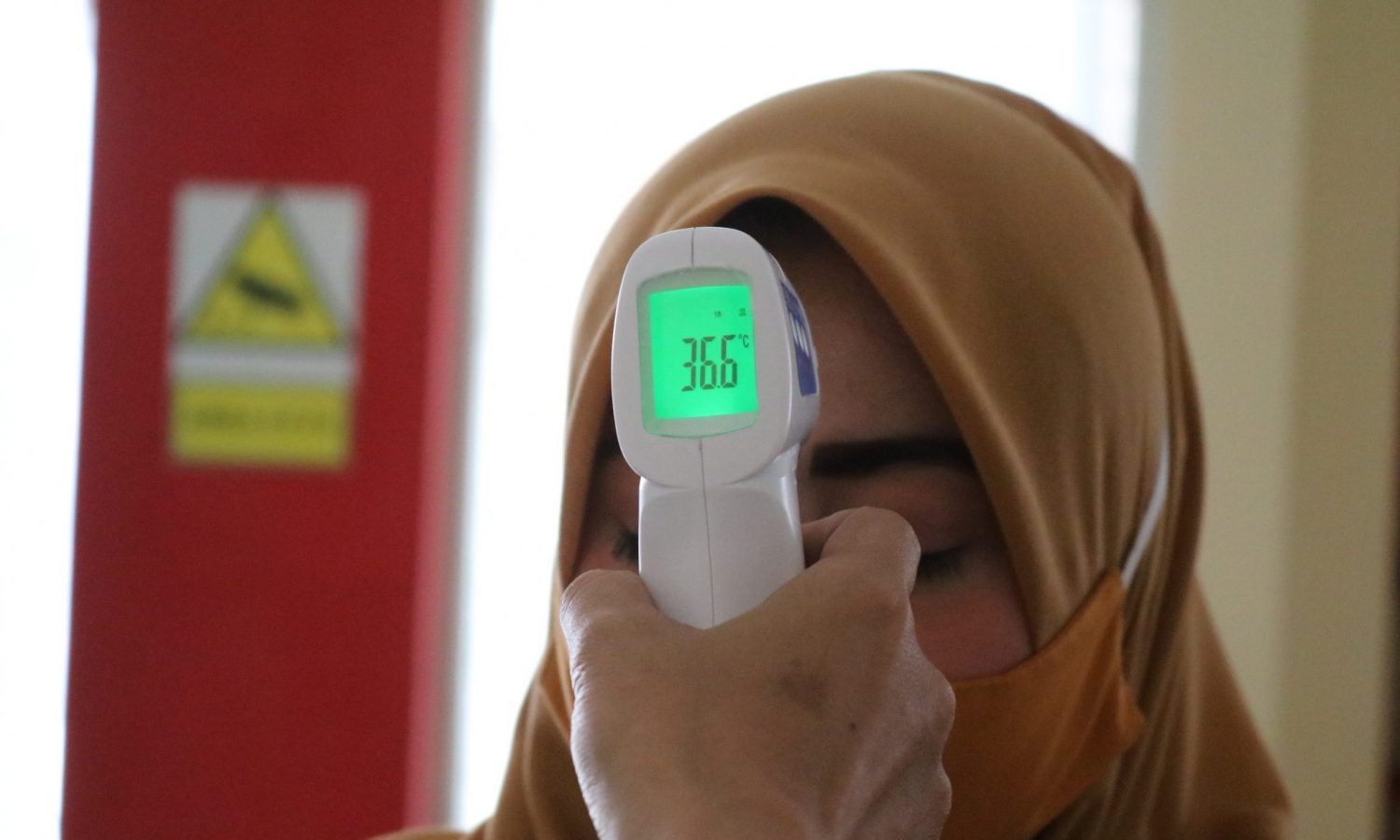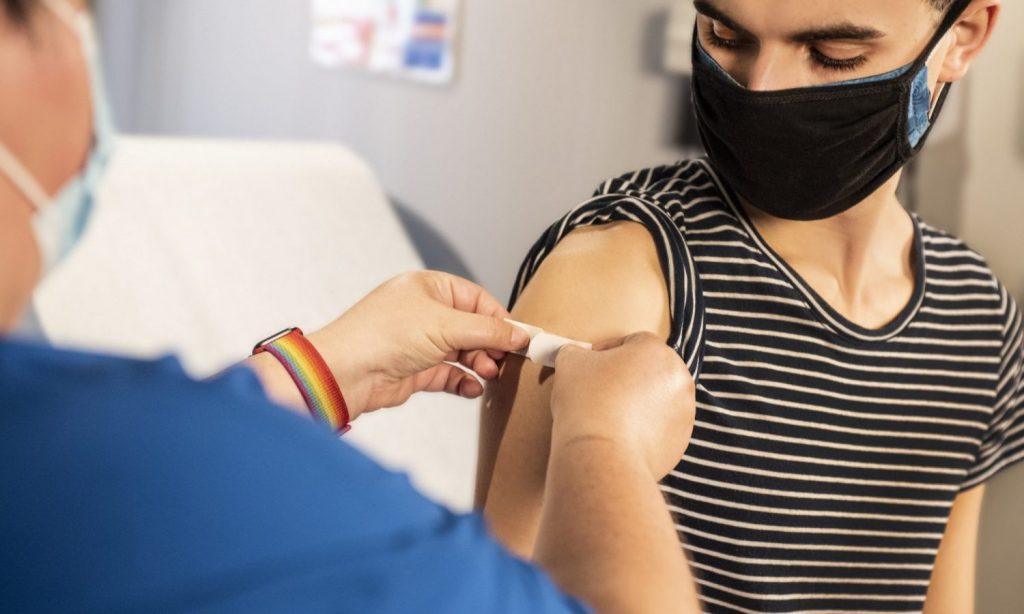
COVID-19 is a condition that we’re only starting to understand. The virus impacts people in different ways, producing long-term effects that can manifest in unexpected forms, like recurring fatigue or chronic headaches. One of these rare side effects is myocarditis, an inflammation of the heart muscle.
While still rare, this condition is one that caused a lot of interest in people, especially after there were a number of cases linked to the Pfizer vaccine. A recent study found that the side effect of myocarditis is more common on people that experienced COVID-19 than on people who had the Pfizer shot.
RELATED: When Will Kids Under 12 Be Able To Get The COVID-19 Vaccine?

The study obtained its numbers from the electronic health records of over 2 million people who provided data on both COVID-19 infections and adverse vaccine reactions. The median age of people who developed myocarditis after getting the vaccine was 25, with 19 of the 21 cases belonging to males. Other rare side effects associated with the Pfizer shot include swollen lymph nodes, appendicitis, and shingles.
The study found that while myocarditis was more common in people who had been vaccinated, the risk was higher in people who had contracted the virus. “As the New York Timesexplains, “There were an extra 11 cases of the condition for every 100,000 people who had been infected with the coronavirus, compared with those who had not.”
Despite these risks, scientists are adamant about the vaccine’s success rate. “Coronavirus is very dangerous, and it’s very dangerous to the human body in many ways,” study co-author Ben Reis told the Times. “If the reason that someone so far has been hesitating to get the vaccine is fear of this very rare and usually not very serious adverse event called myocarditis, well, this study shows that that very same adverse event is actually associated with a higher risk if you’re not vaccinated and you get infected.”
RELATED: Vaccinated And Stressed Out? Here’s What You Can Do To Get Some Peace Of Mind
This investigation was launched following a number of myocarditis cases in young males who received the Pfizer vaccine, who, according to a review, could result in myocarditis in males ages 16 to 17 by a 1 in 5,000 chance.
While these cases of myocarditis should be monitored, getting the COVID-19 vaccine is still less risky than placing all of your bets on a very rare side effect.




